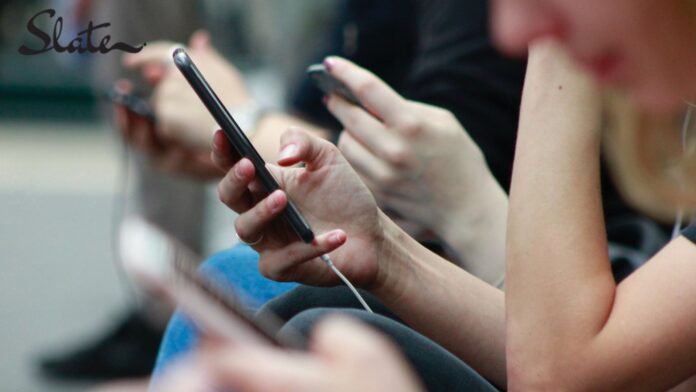By Tanisha Das
That social media is an enormous platform can be seen in ways it has benefitted different sections of digital communities – small businesses, activists and artists, changing their lives for better or worse. Scrolling through different websites, we get a glimpse of different lifestyles. In some cases, they’re inspiring, while in other cases, it has the opposite effect.
In this piece, I write about influencer culture and its impact on the psyche, especially the youth.
A simple google search on the definition of “Influencer Culture” reads, “The social phenomenon of individual internet users developing an online community over which they exert commercial and non-commercial influence.”
An influencer, therefore, can be anyone with a niche or industry, with a hold over the target audience. They have specialised knowledge and are considered authorities in a particular field. Naturally then, influencer culture and brand visibility share a symbiotic relationship. Nowhere is this more obvious than in the beauty industry. YouTube (and Instagram), for instance, is rife with makeup channels/handles. Whether intentional or otherwise, they set unrealistic beauty standards. Followers admire them, and, either get inspired or end up hating themselves.
We love following public figures on social media and end up aspiring toward a similar lifestyle, be it a specific hairstyle, body, or nose.
Among influencer circles, the obsession to get the most followers’ likes and comments has a downside to it, as it plays on built-in insecurities, and downplays the idea of imperfection. They (followers) start to believe they have to change themselves to feel accepted and blame themselves for things beyond their control. Insecurities turn into self-loathing.
While adults may have the clarity to see beyond appearances, teenagers and young adults are victims of a culture that manifests as “peer pressure”. If one makes a reel with the latest song, variations soon appear with the same song. The point is – they are vulnerable and sensitive, making them easy targets who strive for unrealistic goals.
At such a point in their life when they’re figuring themselves out, and facing societal expectations, the stress of achieving beauty standards adds to the pressure. In order to be accepted, they come to a point when they believe that “idealistic beauty standards” are the only way to live in this world.
Beyond physical appearance, social media has also brought unrealistic expectations for life by successfully portraying that life is a perpetual fairy-tale. Influencer culture portrays happiness selectively. This myth of 24/7 positivity leads followers to underestimate their own hard work and potential, leading to an existential crisis.
It makes me wonder about what it would be like to see, for instance, the struggle of an influencer. Would that make a particular handle, relatable?
Seeing people live a happy life filled with zero problems, perfect jobs and relationships, loyal friends and happy families, we accept that is how life is supposed to be, making us doubt our self-worth. This makes us question – “Am I not good enough?”, “Do I not deserve to be happy?” or “Am I not working hard?”
There is nothing wrong with pursuing happiness, yet certain harsh truths remain, be it imperfect relationships, broken friendships or dysfunctional families. Unfortunately, influencer culture negates this, affecting mental health. Most often, the youth find themselves isolated from their peers.
Social media does not reflect our reality. In the pursuit of acceptance, we forget the “real” and the “reel” – two completely different worlds.
Most times, the idealistic bodies, perfect lives and relationships that we see may not even be real. What is interesting to me is how influential figures have turned social media into a blanket to cover their distress and emotions and conceal their scars and imperfections. We see what they want us to see. It’s obvious then that most followers follow the same path as them, seeking validation in social media to fit in, thus, losing their individuality.
As a Gen-Z, I have been in a similar situation. Observing elegant people living their lifestyles, I found myself in a cycle of self-hatred, as hating my entire self and feeling purposeless. As a 16-year-old, I was a victim of social media pressure. I am not alone in this. Every teenager and adult of this generation has, at some point in their life, been a victim of unrealistic expectations and beauty standards, thanks to the influencer culture.
Despite the long road ahead, I see a ray of hope. Some social media influencers are open about their mental health, where they speak about their good and bad days. Many express their thoughts about body positivity.
What society needs in the digital age is balance, where impact is concerned.


